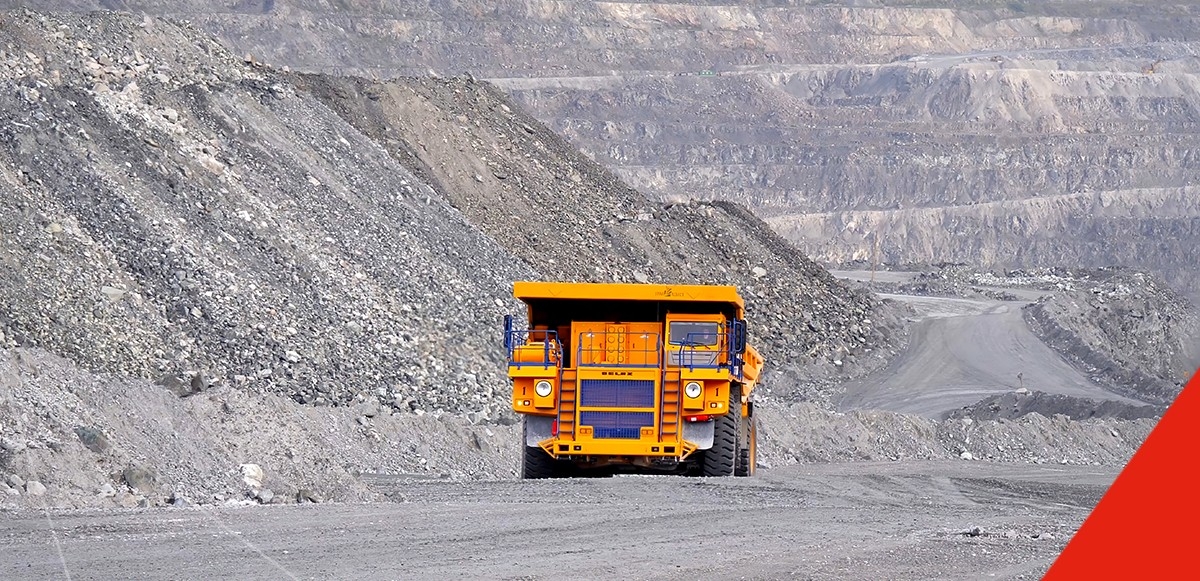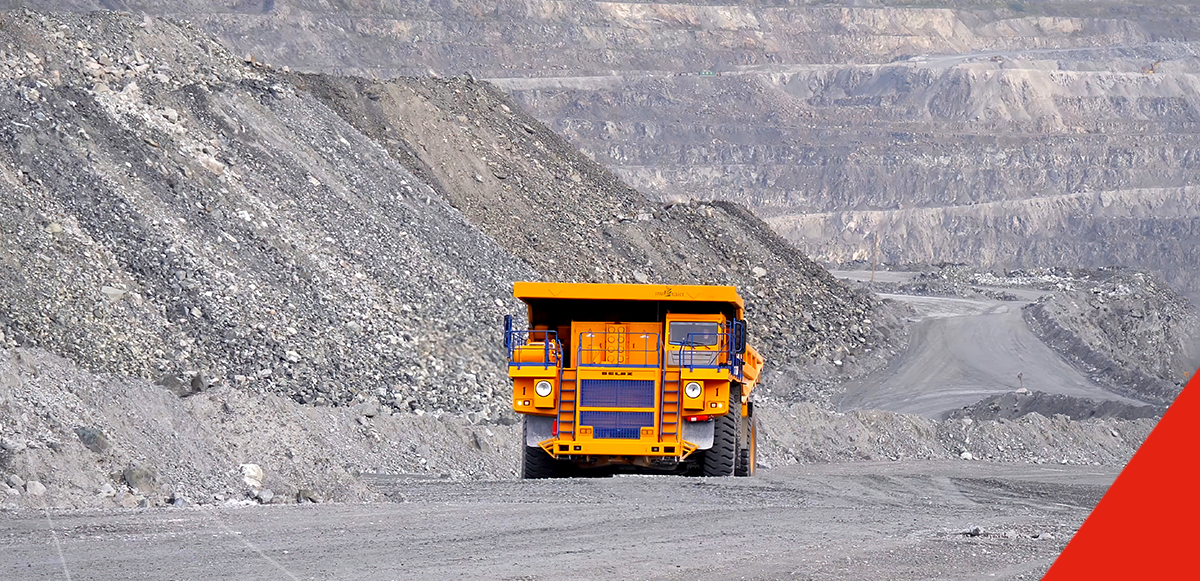Texaco Lubricants, Off-highway Q&A - Part Two


Eddy Devriese, Texaco Lubricants’ Manager, Europe OEMs, provides his expert insight into how Texaco Lubricants’ products can manage the challenges facing the off-highway sector.
One of the challenges that the mining sector in Europe has recently been faced with is a growing emphasis on more stringent emissions requirements. This has meant that the mobile equipment used in mining, such as excavators, now needs to subscribe to the latest legislative requirements. These are currently known as Tier 4 EPA (Environmental Protection Agency) rating for the United States and Stage V EU (European Union) standards in Europe. Both of these requirements place stricter limits on emissions of particulate matter (PM), which has seen the introduction of diesel particulate filters (DFPs). DPFs are known to many within the passenger car and on-highway sector, but they have become more prevalent in the off-highway sector over the last four years. The challenge with this for mobile mining equipment in particular has been the engine designs. It isn’t easy to extend the life of a DPF, or even in some cases to maintain its performance. Previously in the sector, it was commonplace to use high sulfated ash, phosphorus and sulfur (SAPS) oils, but now operators have had to start using low and mid SAPS products. With DPFs now in place, it is no longer possible to use a high SAPS oil, which limits the selection of lubricants on offer.
Another challenge is that the DPFs that are fitted to mining and construction equipment typically have a lifespan of about 4,000-4,500 hours. After this, the DPFs usually need to be removed and cleaned. Now, mining operations conventionally run on a 24/7 basis, and customers don’t want to have to halt their entire operation to clean out the DPF. With this in mind, we worked with a number of OEMs to introduce Texaco Delo 600 ADF. This product is extremely well suited to the equipment used in the mining and construction sectors, and across the off-highway sector as a whole. Delo 600 ADF offers extended drain intervals for the engine, as well as extended cleaning intervals and added protection for the DPF. This helps operators lessen their equipment downtime.
Off-highway industries can be quite conservative in the adoption of new technologies. The viscosity levels of engine oil used in these industries is typically 15W-40, and this has been the case for a long time now. These oils aren’t as useful when looking at areas such as fuel economy, which is something we’re trying to address. Fuel economy is an essential part of business operations, and it will become even more so as time goes on. The on-highway sector has seen CO2 emissions addressed through stringent requirements, which hasn’t really been the case so far for off-highway operations. This is not going to persist, however. In time, operators will have to move from using oils with 15W-40 viscosities to oils with 10W-30 viscosities, and this is something that we are already focussing on with some of our OEM customers.
The impact of these changes for off-highway applications isn’t as significant as it was in the on-highway sector. This is because of the stark difference in the typical mode of operation, that is undertaken within both industries. For example, a crane doesn’t really travel any great distance, and so the impact isn’t as great as it would be on an on-highway vehicle. Therefore, operators must use other methods to boost their fuel economy. The testing we’ve done in excavators shows that using the right hydraulic fluid is the key to improving fuel economy, because during operation, the engine’s hydraulic cylinder can get stuck momentarily. This is commonly referred to as stick-slip, and this issue can take a lot of energy to rectify in order to release the cylinder. The good news is that a high performance hydraulic fluid can prevent this from occurring.
In terms of greases, we have been working hard to develop our product offering. We are currently working on the development of a whole new suite of calcium sulfonate greases. The reasons behind this are twofold – firstly, they offer improved performance, and secondly, they serve as an alternative to lithium greases, which is useful because of the significant increase in the cost of lithium. In this way, we are looking at offering our customers an improved performance at a more competitive price.
Further afield in the off-highway sector, agricultural equipment is also being fitted with DPFs, and the industry is therefore also overseeing a transition from the use of 15W-40 viscosity oils to 10W-30 viscosity oils. We have been recommending the use of Texaco Delo 600 ADF to many of our agricultural customers. With the stop-and-go nature of the agricultural sector, and with increased hours of operation during the harvesting season, Texaco Delo 600 ADF offers the benefit of increased drain intervals, which can help with idle equipment over the winter period.































